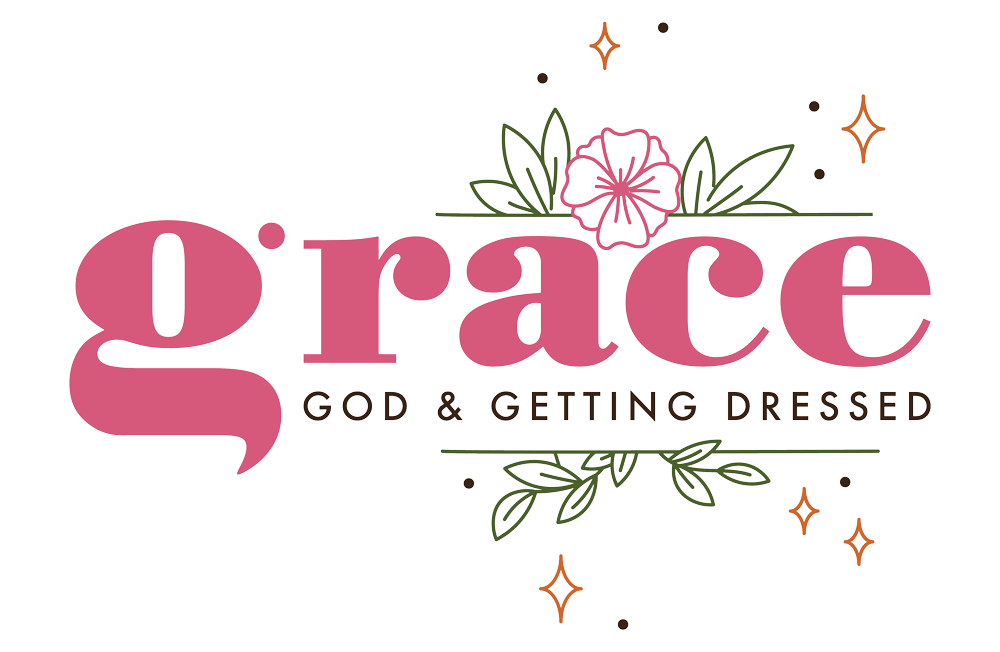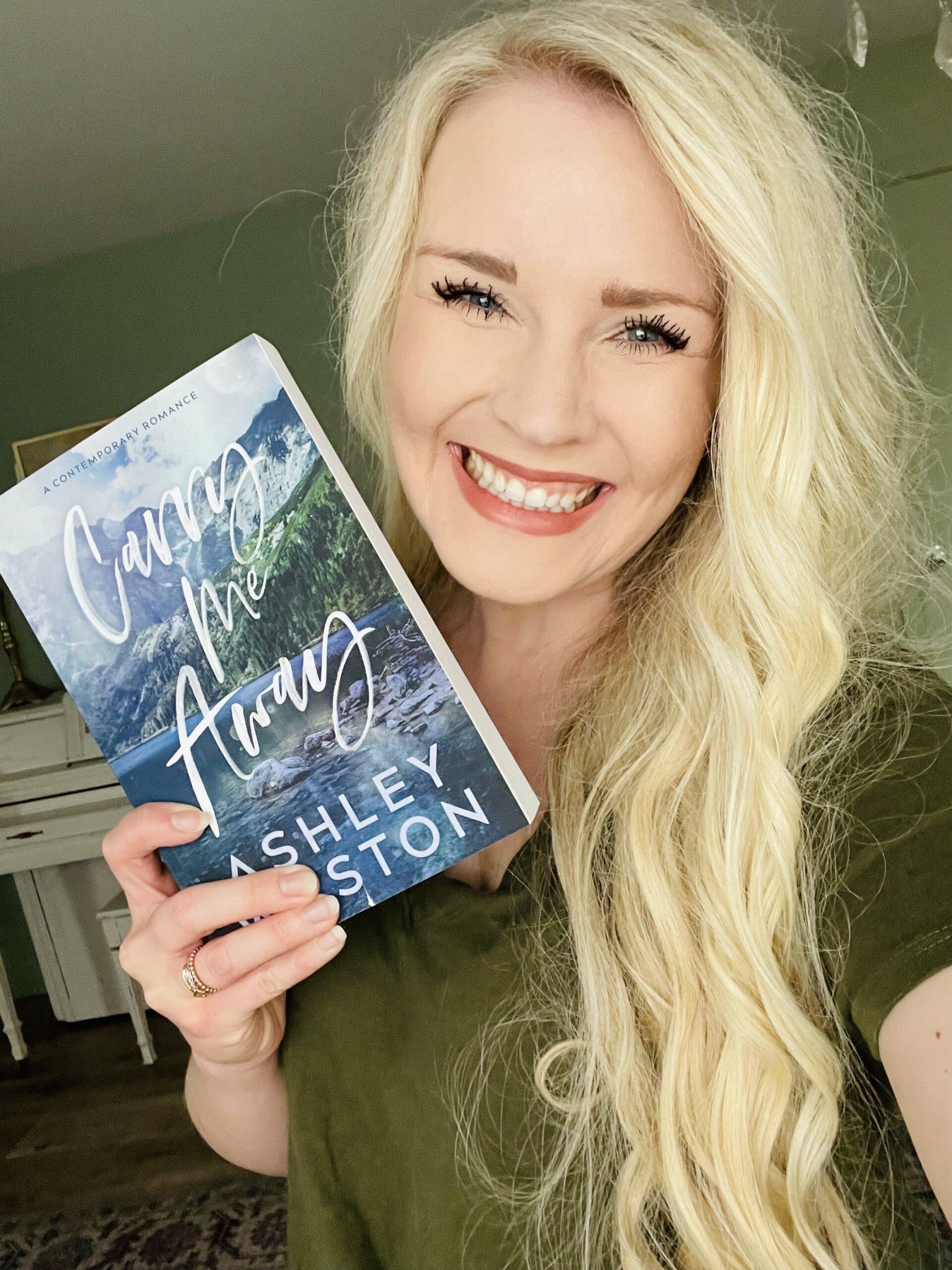Unwinding With Author Lisa May Bennett

What did the beginning of your final steps into sobriety look like?
I had been thinking about my relationship with alcohol for a couple years. Around the same time, I started wondering if I was ever going to fulfill my dream of becoming a published author. The two ideas started to become linked in my mind. Perhaps alcohol was my biggest obstacle? I started asking myself questions like: What are the reasons I should quit? Why do I still want to try moderating? Why did I start drinking in the first place and why did I continue? By the time I read Laura McKowen’s piece, “Am I an Alcoholic?,” I was ready for just the right push off the fence.
What were you surprised by when you stopped drinking?
I was surprised by how easy the physical part was but how hard it was emotionally. I was mentally attached to drinking, and it was woven through so many aspects of my life.
What are your sober resources?
I read a lot of quit lit. I follow many recovery accounts on social media. And I listen to tons of podcasts. It wasn’t until recently that I started attending online meetings, and that has been helpful. I’ve also found that meditation and yoga help immensely with my anxiety.
Do you have a higher power and if so did you find them during sobriety or have you always had a relationship to them?
I have a complicated relationship with religion—something I write about in my book. If I had to name a higher power, I think it’s being open to doing or thinking about things differently. I consider myself a “seeker,” so who knows? Maybe I will find a higher power in the future.
Why did you think it was so important to share, specifically write about, your journey like you have in your book, My Unfurling?
I want to let others know that they are not alone. That’s it ok to ask for help, that it doesn’t make you weak. I also want to share the message that you do not have to hit rock bottom to benefit from quitting drinking.

What do you think is most misunderstood about sobriety?
To expand on my previous answer, our society tells us that the only people who need to quit drinking are those whose lives and livelihood are at immediate risk. But sobriety can be an incredible gift for so many more of us. Just getting out of that rut opened so many doors for me. I’m so glad I didn’t wait even longer for my life to get worse. What if it never got much worse? I would have missed out on so many wonderful experiences.
Where do you find every day joys?
I love spending time outside in nature. I really like trying new things. I take a dance class that is so much fun—dancing with other amazing women around me is exhilarating. And I love talking!
What is your writing process like?
I wish I could develop a regular process. I pretty much write when and how I feel like, which creates more work for myself in the editing stage. With my second book, I did develop an outline first, so that’s a big step forward for me! I also try to journal outside of whatever I’m trying to write for public consumption, so that I can get a lot of the “junk” out of my head. ‘
Coffee or tea?
Coffee, but it has to be decaf. Caffeine drives me up the wall.
What’s on your nightstand right now? In your handbag?
On my nightstand are my Kindle—I just finished Exit Interview by Kristi Coulter, and I’m finally reading I’m Glad My Mom Died by Jennette McCurdy. I also have a stack of books that include poetry by Mary Oliver, Yung Pueblo, and Rupi Kaur. My purse usually doesn’t have much in it, so the most interesting thing about it is that it’s often a fanny pack that I carry as a purse. I’m a dork—I love fanny packs.
What are a few words you always keep near?

I love having quotes and scribbled notes on different colored Post-its hanging where I can see them. My office looks like the contents of my brain exploded on the walls. One of my favorite reminders is from the writer/artist Sophie Lucido Johnson: You are doing a good enough job.
How has your journey evolved over time?
As I unlocked the door of sobriety, I found lots of other doors to unlock and explore. I’ve examined my use of TV and scrolling to distract and procrastinate, my issues with money and shopping to fill a void, my issues with food and body image, and my tendency toward negativity and conflict. I am very much a work in progress, and I’m ok with that.
Do you go to meetings? Do you do something else to check-in with yourself daily or weekly?
Human connection is so important, but I also have a streak in me where I like to go it alone. For the last six years I did a lot of self coaching. I still talk to myself all the time, but I’m working on reaching out more for support. I went to a weekend-long sobriety event recently, and it made me realize how much I need that community, so I’ve started going to online meetings. I went through a rough period three years ago, so I joined a grief group (this was after the loss of a dear friend, which I write about in my book). I still have monthly calls with a woman from that grief group.
What’s your writing routine look like?
My writing routine is all over the place. I like writing Saturday and Sunday mornings and Wednesday nights. When I’m on deadline, I have to set weekly word goals. I also find it helpful to have an accountability partner.

How do you find inspiration?
I mostly write about real life. I’m fascinated by human behavior—how we tend to be so similar yet so different. I’m very interested in psychology, emotional growth, and the fears and needs that drive us all.
Favorite writers?
In the quit lit genre, I love Laura McKowen and Kristi Coulter. I’m also a big fan of Elizabeth Gilbert, Roxane Gay, Lorrie Moore, and Margret Atwood.



